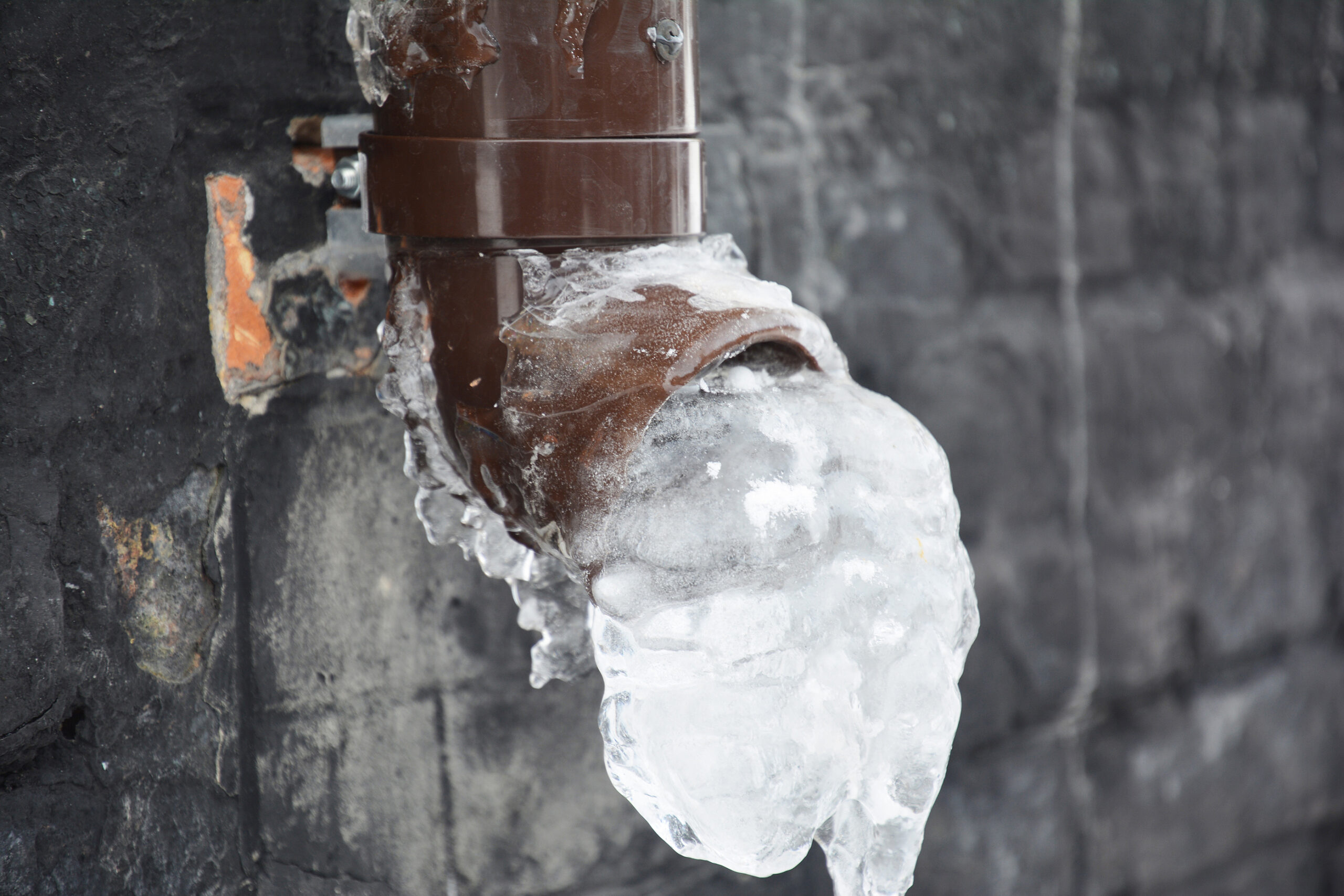Ways to Protect Your Plumbing from Freezing: Key Advice
BookAre you currently on the lookout for related information concerning How to Prevent Your Pipes From Freezing?

Winter can ruin your pipes, specifically by freezing pipelines. Right here's how to prevent it from taking place and what to do if it does.
Intro
As temperatures drop, the risk of icy pipelines increases, potentially bring about expensive repair work and water damage. Understanding how to stop icy pipes is important for homeowners in chilly environments.
Understanding Frozen Pipelines
What triggers pipelines to ice up?
Pipelines freeze when exposed to temperature levels below 32 ° F (0 ° C) for expanded durations. As water inside the pipes ices up, it increases, putting pressure on the pipeline wall surfaces and potentially triggering them to break.
Risks and damages
Icy pipes can cause water supply interruptions, residential or commercial property damages, and pricey repairs. Burst pipes can flood homes and trigger substantial architectural damages.
Indications of Frozen Water Lines
Recognizing icy pipelines early can avoid them from rupturing.
Exactly how to identify frozen pipelines
Look for lowered water circulation from faucets, unusual smells or sounds from pipes, and visible frost on revealed pipelines.
Prevention Tips
Insulating susceptible pipes
Cover pipelines in insulation sleeves or use warmth tape to shield them from freezing temperatures. Concentrate on pipes in unheated or exterior areas of the home.
Home heating strategies
Keep interior areas adequately warmed, specifically locations with pipes. Open up cabinet doors to allow cozy air to distribute around pipelines under sinks.
Safeguarding Exterior Plumbing
Garden tubes and outdoor faucets
Separate and drain garden pipes prior to winter season. Set up frost-proof faucets or cover exterior taps with shielded caps.
What to Do If Your Pipelines Freeze
Immediate actions to take
If you suspect frozen pipes, keep faucets open to ease pressure as the ice melts. Use a hairdryer or towels soaked in hot water to thaw pipelines gradually.
Long-Term Solutions
Architectural modifications
Think about rerouting pipes away from outside wall surfaces or unheated areas. Add added insulation to attic rooms, basements, and crawl spaces.
Updating insulation
Purchase top quality insulation for pipes, attic rooms, and walls. Correct insulation assists maintain regular temperatures and reduces the threat of frozen pipelines.
Final thought
Preventing icy pipelines needs positive actions and quick feedbacks. By understanding the reasons, indications, and preventive measures, homeowners can shield their plumbing during cold weather.
Helpful Tips to Prevent Frozen Pipes this Winter
UNDERSTANDING THE BASICS: WHY PIPES FREEZE AND WHY IT’S A PROBLEM
Water freezing inside pipes is common during the winter months, but understanding why pipes freeze, and the potential problems it can cause is crucial in preventing such incidents. This section will delve into the basics of why pipes freeze and the associated problems that may arise.
THE SCIENCE BEHIND FROZEN PIPES
When water reaches freezing temperatures, it undergoes a physical transformation and solidifies into ice. This expansion of water as it freezes is the primary reason pipes can burst. As the water inside the pipe freezes, it expands, creating immense pressure on the walls. If the pressure becomes too great, the pipe can crack or rupture, leading to leaks and water damage.
FACTORS THAT CONTRIBUTE TO PIPE FREEZING
Low Temperatures: Extremely cold weather, especially below freezing, increases the risk of pipes freezing. Uninsulated or Poorly Insulated Pipes: Pipes located in unheated areas, such as basements, crawl spaces, or attics, are more prone to freezing. Insufficient insulation or lack of insulation altogether exacerbates the problem. Exterior Wall Exposure: Pipes running along exterior walls are susceptible to freezing as they encounter colder temperatures outside. Lack of Heating or Temperature Regulation: Inadequate heating or inconsistent temperature control in your home can contribute to frozen pipes. PROBLEMS CAUSED BY FROZEN PIPES
- Pipe Bursting: As mentioned earlier, the expansion of water as it freezes can cause pipes to burst, resulting in significant water damage.
- Water Damage: When pipes burst, it can lead to flooding and water damage to your property, including walls, ceilings, flooring, and personal belongings.
- Structural Damage: Prolonged exposure to water from burst pipes can compromise the structural integrity of your home, leading to costly repairs.
- Mold and Mildew Growth: Excess moisture from water damage can create a favorable environment for mold and mildew growth, posing health risks to occupants.
- Disrupted Water Supply: Frozen pipes can also result in a complete or partial loss of water supply until the issue is resolved.
WHY CERTAIN PIPES ARE MORE PRONE TO FREEZING
- Location: Pipes located in unheated or poorly insulated areas, such as basements, crawl spaces, attics, or exterior walls, are at higher risk of freezing.
- Exterior Pipes: Outdoor pipes, such as those used for irrigation or exposed plumbing, are particularly vulnerable to freezing as they are directly exposed to the elements.
- Supply Lines: Pipes that carry water from the main water supply into your home, including the main water line, are critical to protect as freezing in these lines can affect your entire plumbing system.
- Underground Pipes: Pipes buried underground, such as those connected to sprinkler systems or outdoor faucets, can be susceptible to freezing if not properly insulated.
https://busybusy.com/blog/helpful-tips-to-prevent-frozen-pipes-this-winter/

Hopefully you liked our topic about Winter Plumbing Precautions: Preventing Frozen Pipes. Thank you so much for taking a few minutes to read our blog post. Enjoyed our posting? Please share it. Let other people discover it. Thanks a bunch for being here. Return soon.
Schedule Estimate